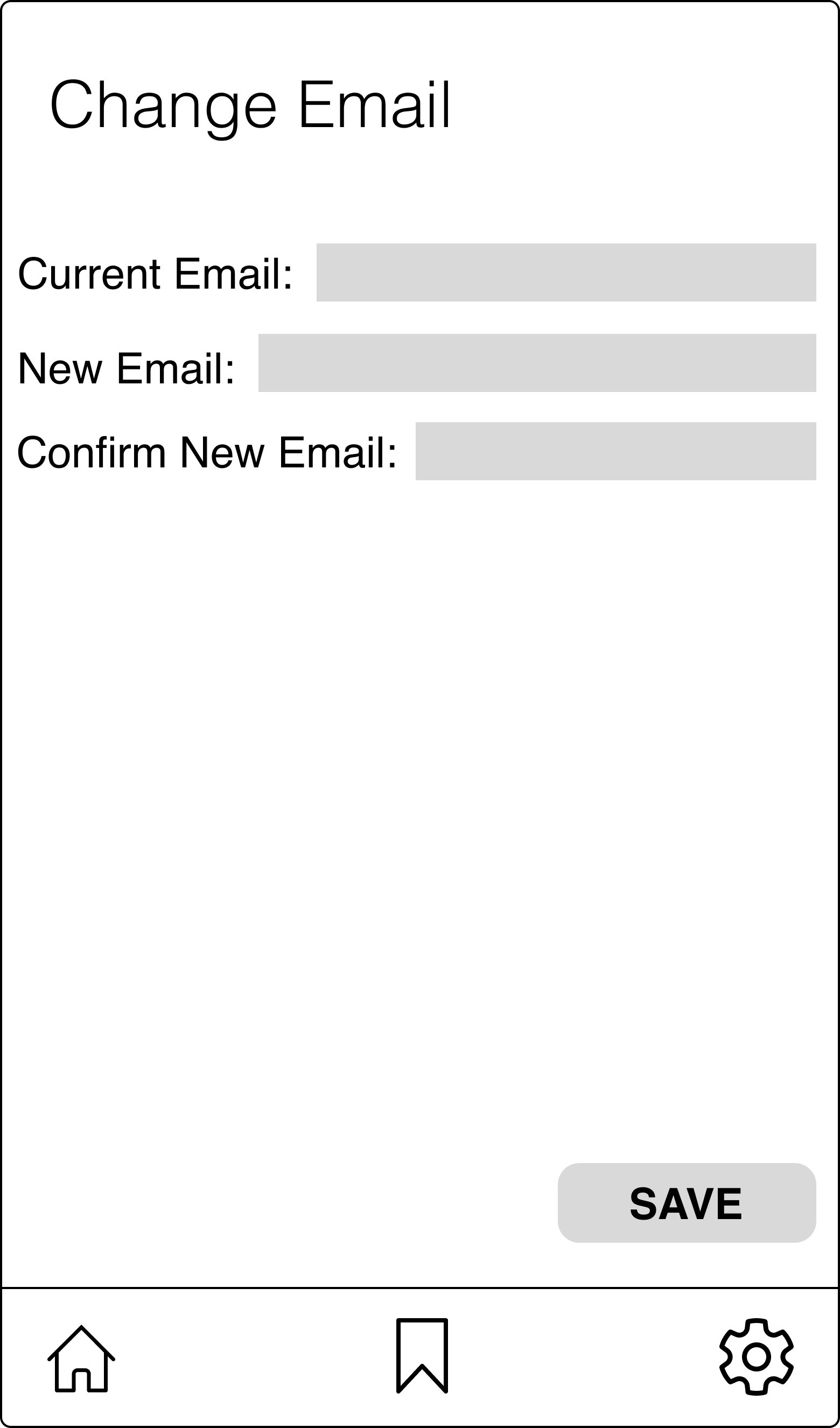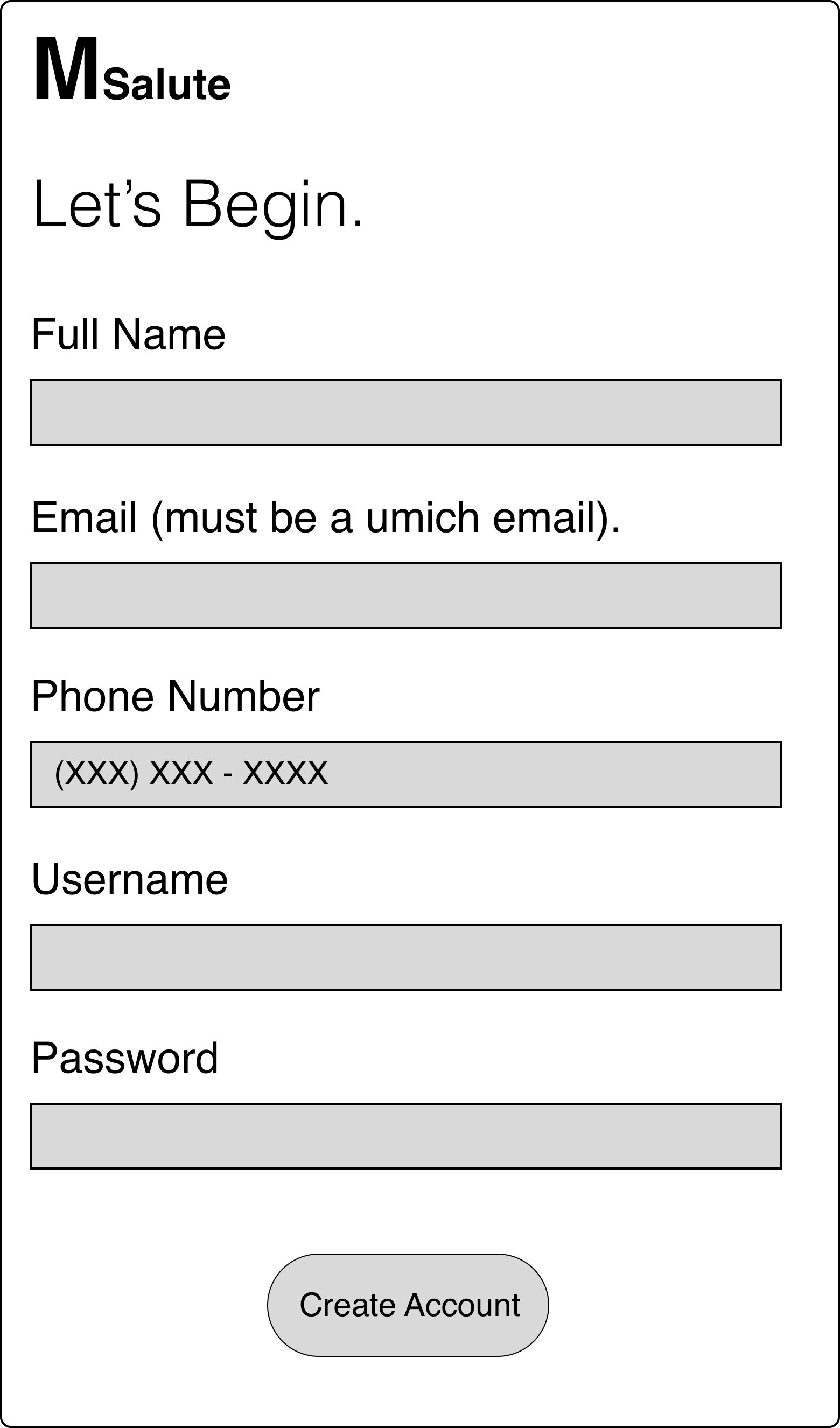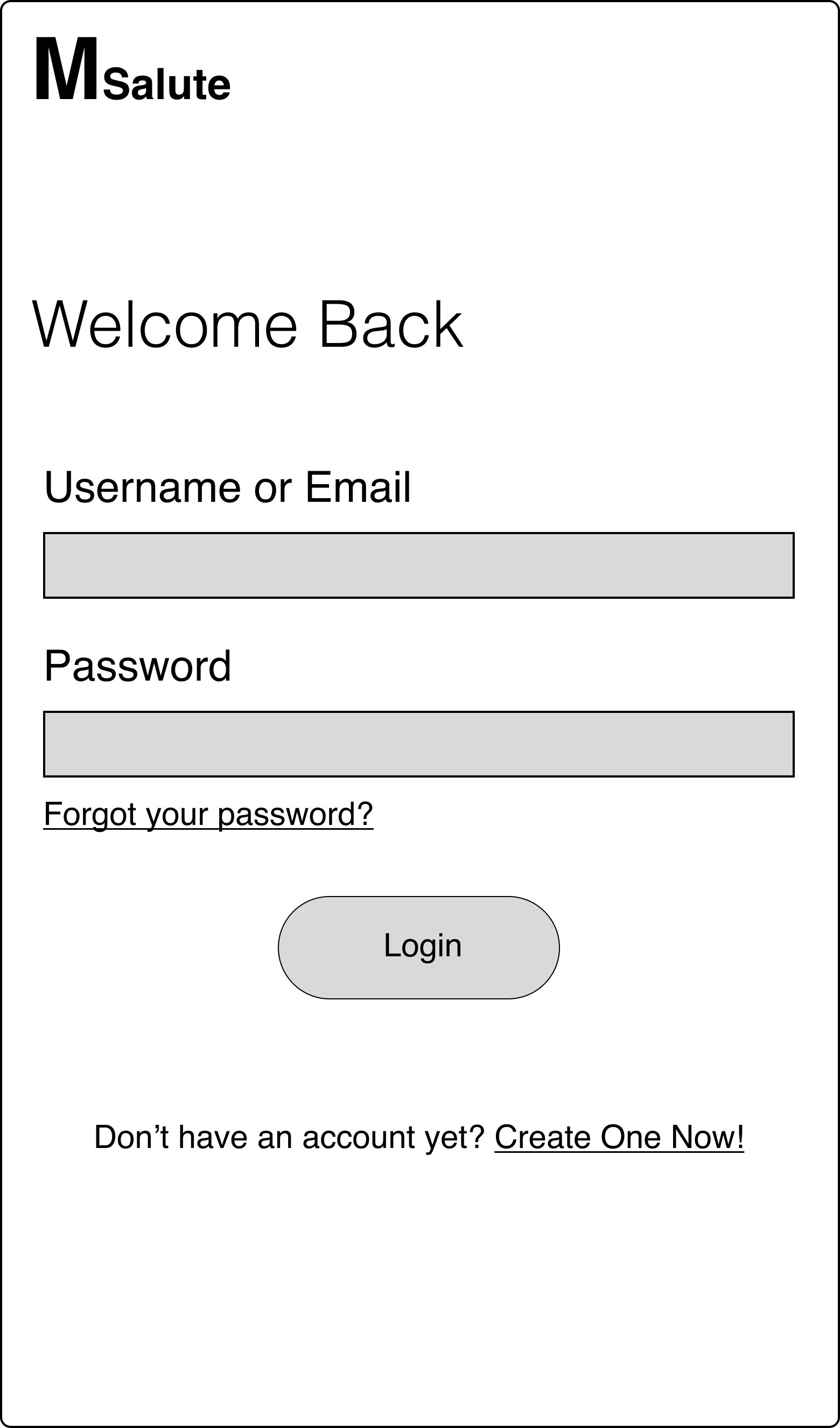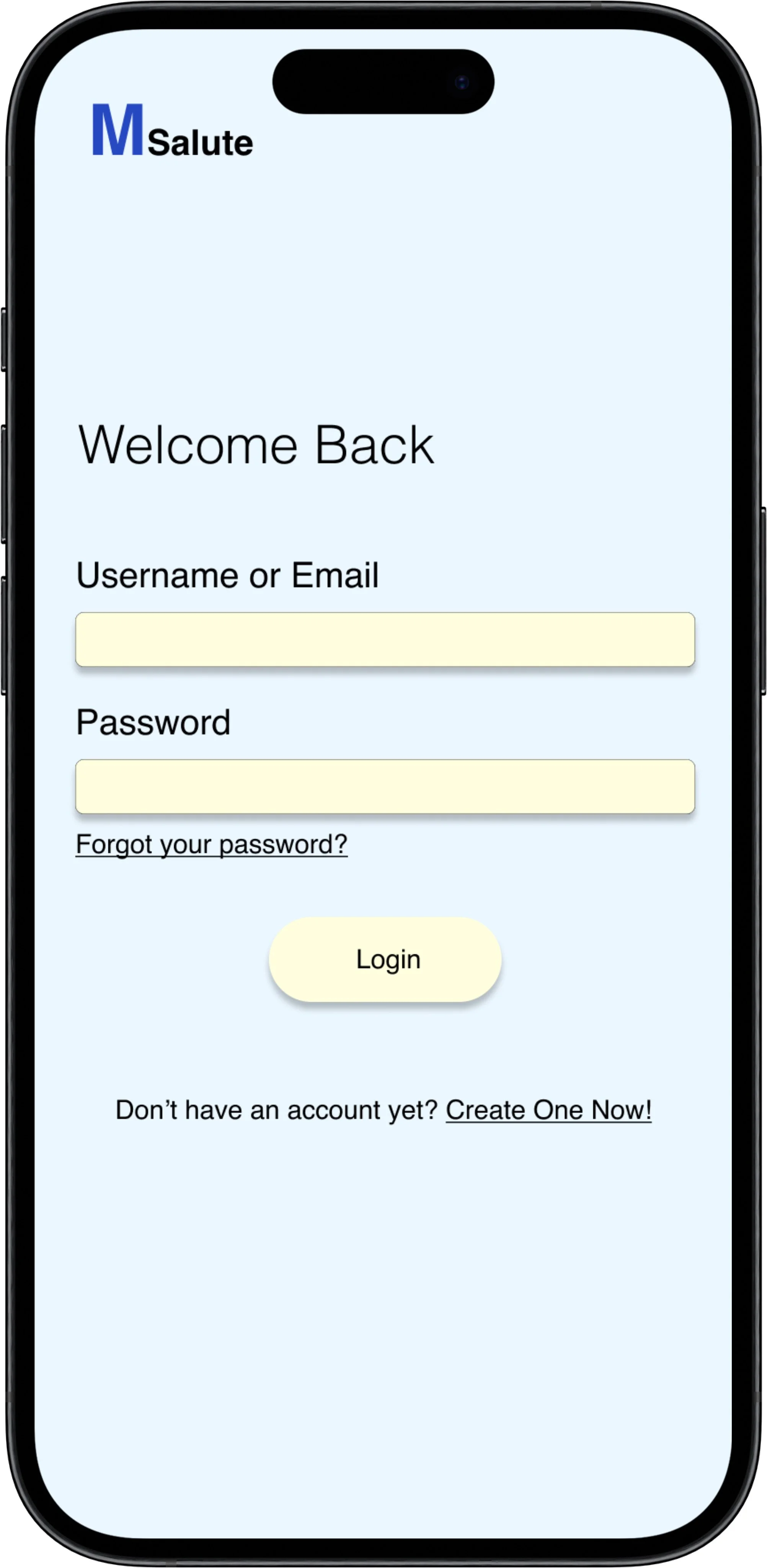MSalute
UI/UX Design, Graphic Design, Personas, Wireframing, Rapid Prototyping, Usability Testing and Evaluation
*M for Michigan and Salute for health (in Italian)
Problem Statement
Students at the University of Michigan want to conveniently access mental health resources on campus to save time when looking for them and find them on a platform specifically for students, where they can read and write authentic reviews about the resources. MSalute is an app that primarily aims to ease the lives of students who are struggling with their mental health and would like a quick way to read about mental health resources on campus.
Personas
High-Fidelity Wireframes
Project Context
An app for students looking to easily access, save, and review mental health resources at the University of Michigan.
Role: Project for ENTR 390: Digital Product Design at UofM
Team: Solo
Timeline: Fall 2023 (September 2023 - October 2023) — 3 weeks
Tools: Figma, Pivotal Tracker
Based on the research I conducted, I created primary and secondary personas. Meet Katie and Jack—two individuals who represent various pain points and demographics that would benefit from MSalute!
Expected Outcomes/Benefits
Interact with the Prototype!
Outcome #1: Save students time and energy when looking for mental health resources on campus.
Outcome #2: Students can gain a more authentic perspective and understanding of mental health resources by reading other students’ honest opinions on the resources, and leaving reviews themselves, as well.
MSalute’s Key Actions
Browsing through professional help and/or relaxation resources on the home page, and searching for specific resources
Bookmarking feature: students can save any resources they would like to and have them all be accessible in one place, so they can revisit them later.
Sign up: students can navigate to a signup page from the resource page to signup for that resource, for each resource.
Reviews: students can read all of the reviews that have been written about each resource from other students and can also anonymously, if they would like to, write a review for any resource.
Style Guide
Users are presented with an introductory screen where they can either login to an existing account or create a new one and follow an onboarding process.
Once logged in, users are presented with the home screen, where they can sift through and search for mental health resources. Users can explore resources based on their needs, whether they are looking for professional help or to relax. Once they select a resource, they are brought to an “all about” page, where they can learn more, sign up, read a brief description about the resource, see all reviews, and leave a review.
Reviews.
Get Started.
Find a mental health resource and sign up.
For each resource that users navigate to, they are able to read other students’ reviews of the resource and submit their own (anonymously if they would like to), as well. This is the primary function/feature of MSalute as it allows students to read and share their honest opinions towards various mental health resources on the UMich campus.
A Case for MSalute
The mental health crisis is a pressing issue among the gen-Z population, many of which are currently college students. The University of Michigan has some resources to target this issue and ease mental health related issues students may be experiencing, primarily anxiety and depression. However, the process of accessing and finding specific mental health resources on the University of Michigan campus is not the quickest or most convenient. Further, there is no digital space where students can honestly review and discuss how they feel about these resources with other students. MSalute is an app that aims to ease these pains students may experience. It makes finding mental health resources on the UMich campus easier by having everything, including the ability to review and read other reviews, on one platform. Students can also save resources they may need or want to utilize at a later point in time by utilizing the ‘bookmark’ feature. I believe having a platform like this available to students will not only improve the accessibility of mental health resources on the University of Michigan campus, but it will also motivate more students to utilize these resources, as well, which will also improve their overall mental health, positively impacting their lives.
























